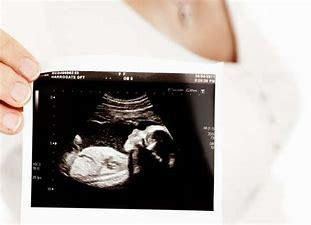
Today there is hardly any area left untouched by Artificial Intelligence (AI) and researchers all over the world are making efforts to use and apply AI to every point which touches humans eventually. One such new proof-of-concept research has been recently conducted by a team from the University of Ottawa, Canada who have pioneered the use of a novel deep learning model as an assisting tool for the accurate and speedy reading of ultrasound images. In this groundbreaking research, the team has used Artificial Intelligence-based learning as a tool for the early detection of birth defects. As defined in the Scientific Journal Plos One, the purpose of the research was to show that deep-learning architecture has the potential to make possible reliable and early identification of cystic hygroma from first trimester ultrasound scans.
Cystic hygroma, though a rare but potentially life-threatening disorder, is an embryonic condition which causes the lymphatic vascular system to develop abnormally. It causes fluid swelling around the head and neck. This abnormal condition has been documented in approximately 1 in 800 pregnancies and 1 in 8000 live births.
It is known to all that ultrasound is of utmost importance in the observation of foetal growth and development and involuntary foetal movements, small foetal structures and poor quality of image make neonatal image acquisition and interpretation challenging. The research team in this case wanted to test how well AI-driven pattern recognition could do the job. As per the team their demonstration was made in the field of ultrasound but we are able to use the same tools for image classification and identification with a high specificity and sensitivity. With further development this approach may be applied to a range of other anomalies of the fetus typically identified by ultrasonography.
Source: business standard.Com


